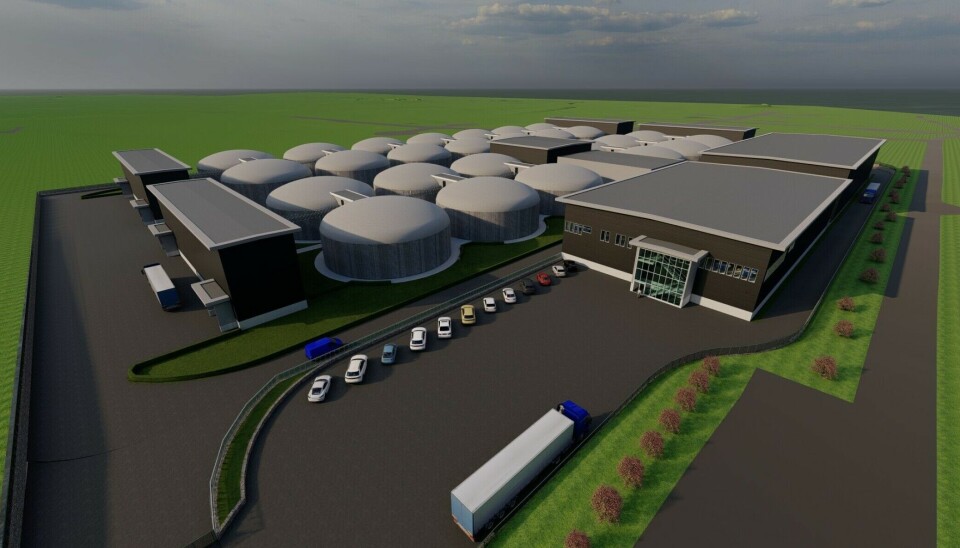
Facilities to produce 6.000 tons of salmon on land are approved
Norway: The technology has been developed in Norway, with very good results so far. It involves closed facilities with low mortality, no leaks, and no salmon lice.
Lista Laks, a subsidiary of EcoFishCircle, has received the green light from the Agder county council in Norway to establish a 6,000 ton on-land salmon center at the business park.
Thus, Lista Laks states in a press release that they will use an already existing industrial area to minimize environmental impact and promote a circular economy in collaboration with, among other things, protein production, biogas production, and agriculture.
"The project is strategically located in a region with unique natural conditions for the green industry. This initiative is an example of how industrial synergies and innovative solutions can create valuable jobs and contribute to regional development", they write.
Ecofishcircle develops technology for on-land aquaculture, consisting of modular cultivation tanks. Through its subsidiary Lista Laks, the company has now received permission to build a facility at the Lista business and aviation park, which contributes to the utilization of existing commercial areas without affecting the pristine nature.
"We appreciate this declaration of confidence from the sector authorities and value their ability to assess our quality at all stages of the value chain. With the ongoing debate related to agricultural industries in general and the opportunities that may exist in sustainable on-land facilities, this project will be a good demonstration for the entire industry, politicians, and the political apparatus. The next step will be to find investors and partners who will join us to build 'a showcase for future food production", states CEO Smiljana Divjak.
According to the company, the facility will be built with technology developed by the company itself, EFC MRAS, which supports the project in a profitable manner, ensures good welfare and growth of the fish, and at the same time reduces biological risk and energy consumption.
The technology has been developed and tested in Hausvik, in the municipality of Lyngdal, with very good results. It involves closed facilities with low mortality, no leaks, and no salmon lice.


















